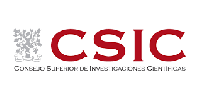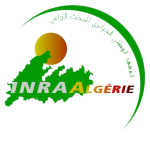ABOUT US




PRECIMED project will research, develop and validate a Standards-based Decision Support System (DSS) including Irrigation/Fertirrigation Models for a massive analysis of real-time crop and meteorological status data to improve the efficient use of water, nutrients and energy. For this, the consortium will integrate the knowledge on fertilizers and irrigation of Mediterranean crops with innovative information and communication technologies (ICT) to develop a solution that will be respectful with the environment and economically profitable. The DSS will be developed for the end user that can easily access and manage through web interfaces from anywhere with the Internet and using their mobile phones, tablets or PC. The DSS platform will be able to collect a large amount of crop data, which will be processed and analyzed in order to provide notices to the user about crop needs and real-time recommendations to farmers regarding the best irrigation and fertilization practices. The DSS will offer management services and remote actuations to improve the lives of Mediterranean farmers and also save water and fertilizers in a region with significant problems of water stress and soil pollution. The challenge is to create stronger bridges between the two areas of the Mediterranean basin, which is made up of EU and non-EU countries: Tunisia, Algeria, Spain and Greece. In this sense, the consortium is made up of SMEs, research centers and end users that will collaborate to validate the solution for subsequent commercialization. This project will allow the consortium to achieve an irrigation and fertilization DSS that is designed, evaluated and validated by supporting farmers in the different participating countries, to reduce the gap between the platform's developers and farmers' users in order to reach a successful solution for the agricultural sector.








